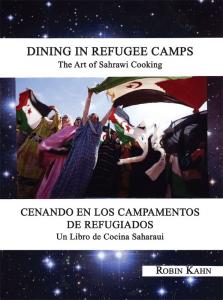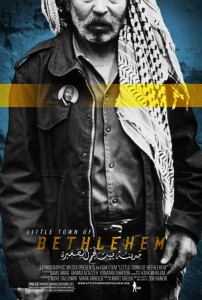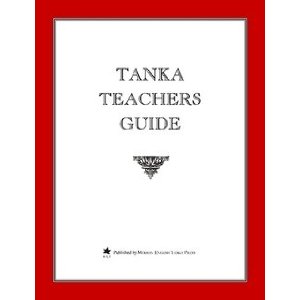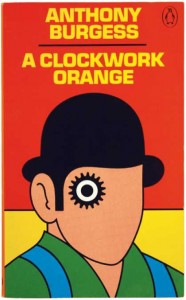 Dining in Refugee Camps: The Art of Sahrawi Cooking
Dining in Refugee Camps: The Art of Sahrawi Cooking
Cenando en los Campamentos de Refugiados: Un Libro De Cocina Saharaui
by Robin Kahn
From the publishers site: “A full-color, bilingual, collage journal that documents Robin Kahn’s month cooking with the women of the Western Sahara. As a guest artist selected to participate in ARTifariti 2009, Kahn stayed with Sahrawi families living in refugee camps in Algeria and in the desert of The Free Territories of the Western Sahara. There she created the collages for this publication by combining the sparse materials available locally with photos, recipes, histories and drawings. The result is a 50-page full-color journal that examines the art of Sahrawi food production: how kitchens are improvised, food is procured and prepared, and traditional recipes are innovated from UN rations and international aid. The book is a testament to the daily struggles of Sahrawi women whose role is to provide sustenance, fortitude and comfort inside a compromised society.”












